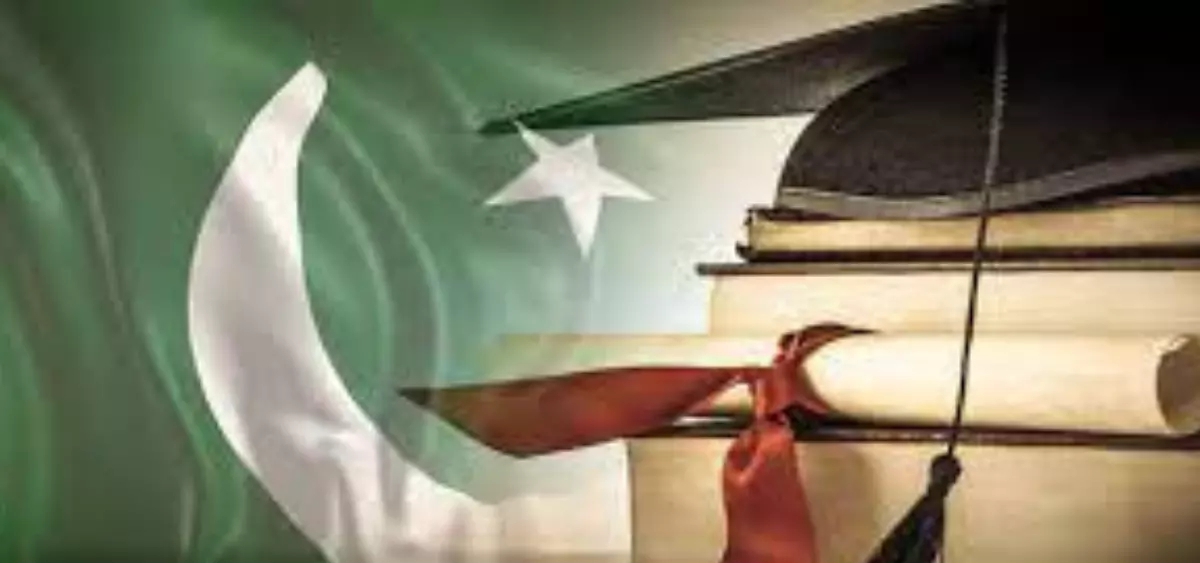By: Saima Sammar
Since its inception in 1947, Pakistan has grappled with a fragmented education system, a legacy of its tumultuous birth. Despite efforts to expand educational access, political instability, funding shortages, and socio-cultural barriers have cast shadows on the path to enlightenment.
Challenges:
Access and Enrollment: Despite recent gains, Pakistan’s rural and remote regions remain ensnared in the web of educational deprivation. Poverty, gender biases, and infrastructure inadequacies erect formidable barriers to enrollment, perpetuating the cycle of exclusion.
Quality of Education:
Within the hallowed halls of learning, echoes of dissatisfaction reverberate. High dropout rates, antiquated curricula, and a dearth of qualified educators tarnish the promise of education. Basic facilities, from libraries to laboratories, remain elusive, casting shadows on educational outcomes.
Gender Disparity:
In the mosaic of educational access, gender disparity paints a stark picture. Cultural norms tilt the scales against girls’ education, relegating them to the margins of society. Early marriages and security concerns further entrench this divide, stifling the potential of half the population.
Teacher Training and Curriculum: At the helm of educational efficacy stand the teachers, yet many navigate uncharted waters of inadequate training. Curriculum reforms, hailed as beacons of progress, stumble in the face of resistance, leaving students adrift in a sea of irrelevant knowledge.
Progress:
Amidst the labyrinth of challenges, glimmers of progress illuminate the horizon. Initiatives like the National Education Policy (NEP) 2021 herald a new dawn, promising inclusivity, quality, and relevance. Increased investments and innovative partnerships with international organizations propel Pakistan towards the shores of educational advancement.
Future Directions:
As Pakistan sets sail towards a brighter educational future, navigational markers beckon towards equity, quality, and innovation. Targeted interventions, investments in teacher training, and technological integration emerge as compass points, guiding the voyage towards educational enlightenment. Community engagement, a beacon on the horizon, offers a lifeline, empowering stakeholders to chart the course towards educational equity and excellence.
In the crucible of challenges and triumphs, Pakistan’s educational odyssey unfolds. As the nation steers towards the shores of progress, the compass of determination must remain steadfast. By embracing inclusivity, enhancing quality, and fostering innovation, Pakistan can script a new narrative of educational empowerment, illuminating the path towards a brighter tomorrow for its youth.


